Albanese government’s landmark move to set social media age limit
PM Anthony Albanese has announced his government will work with states and territories on a ‘national approach’ to impose a unified social media age limit to better protect Australian children
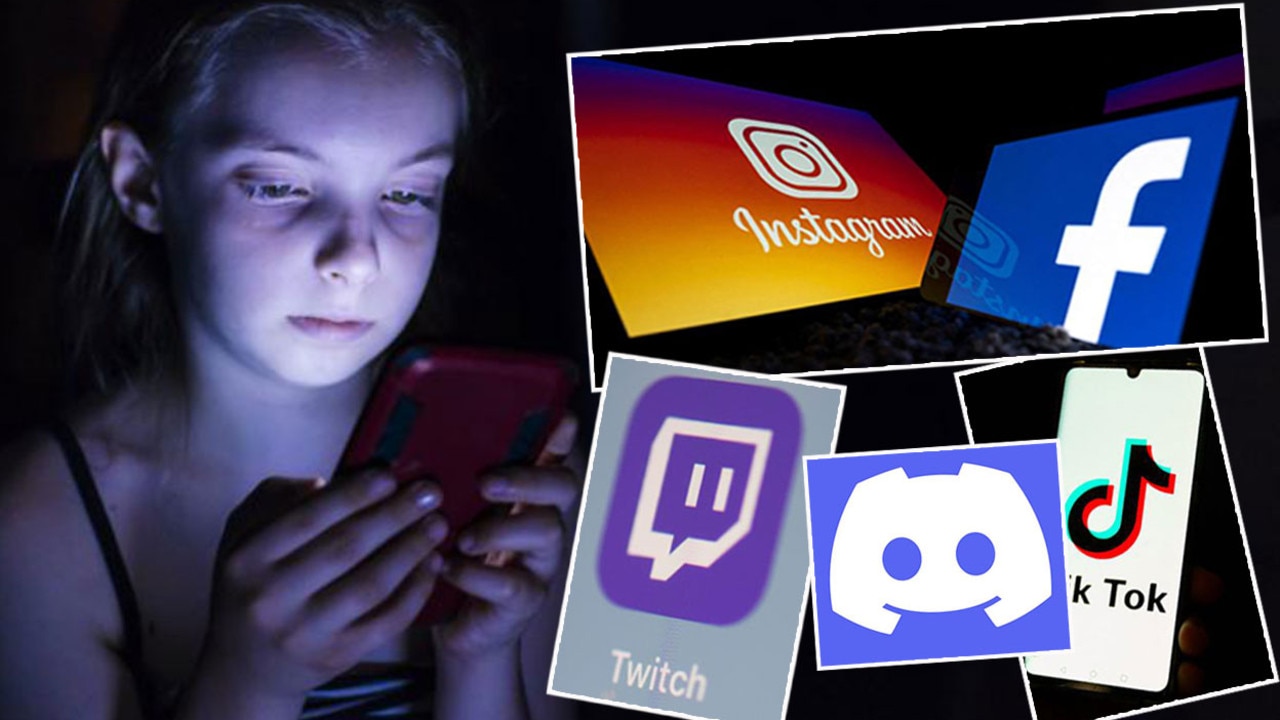
READING LEVEL: GREEN
Australian Prime Minister Anthony Albanese has announced his government will legislate* an age limit for social media platforms like Instagram, TikTok and Facebook before the next election due in May, in a move designed to protect children from online harms.
Labor has not committed to a specific age, but when asked about 16-years-old as an option, Mr Albanese said, “That’s where I’m at”.
“But I want to make sure that we don’t end up with different systems in different states,” he told Nova on Tuesday. “We want a national approach to (this) issue.”
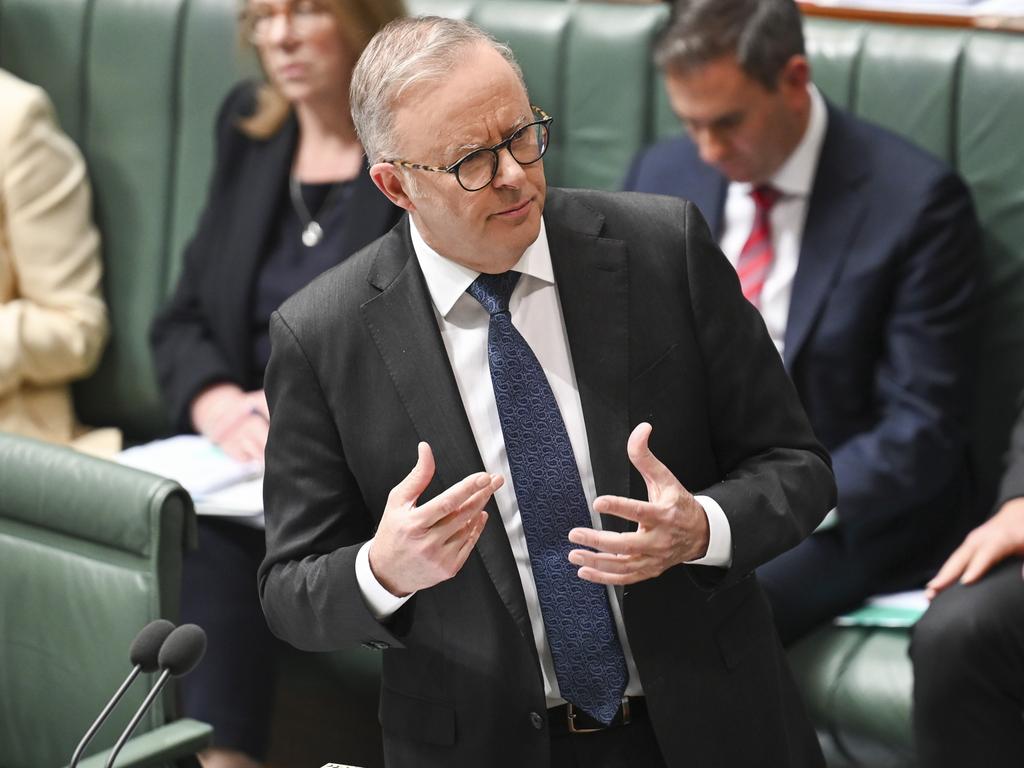
Mr Albanese said Labor would have preferred to complete its ongoing $6.5 million age assurance trial before announcing an age limit plan, but with states moving forward with different plans, he wanted to “make it clear” where the federal government was at.
Mr Albanese said governments around the world were “grappling*” with the challenge of protecting children from social media harms.
“But if you don’t try, you won’t succeed, and we want to make sure that we get it right,” he said.
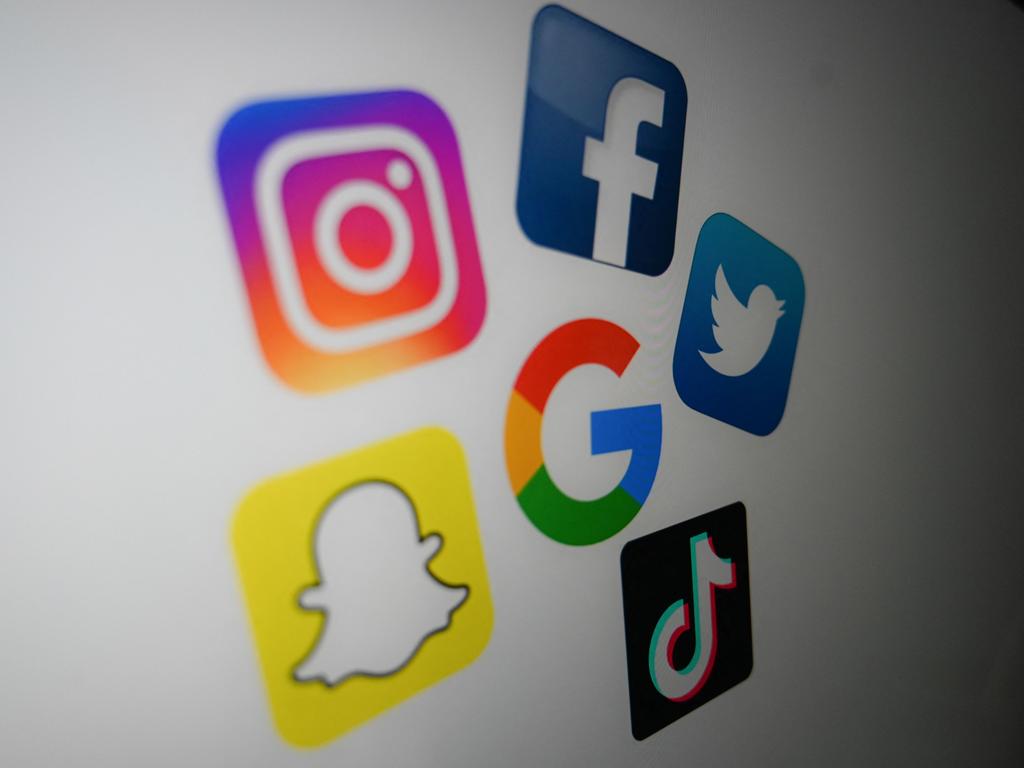
Skyrocketing rates of anxiety*, depression*, eating disorders* and other harms in children were revealed by News Corp Australia, publisher of Kids News, in its “Let Them Be Kids” campaign, which called for a minimum age of 16 to be introduced for social media in Australia.
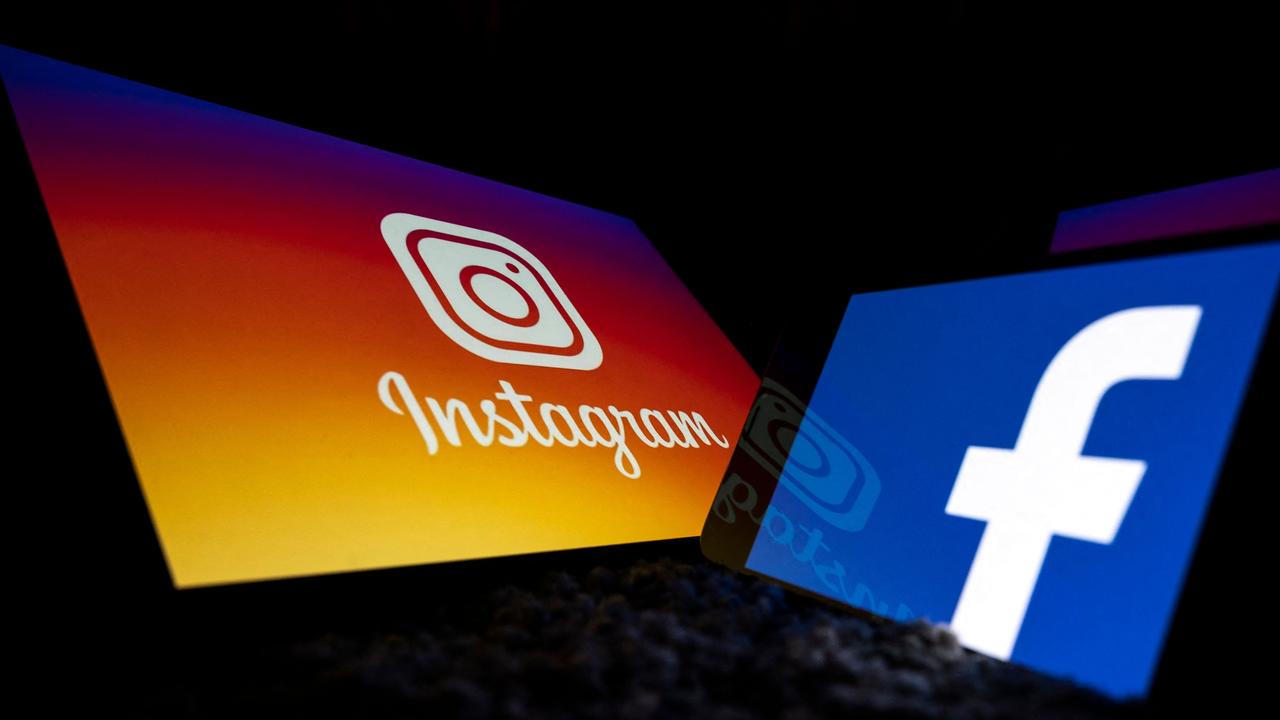
Mr Albanese said his government was taking action because “enough is enough”.
“We know that technology moves fast. No government is going to be able to protect every child from every threat – but we have to do all we can,” he said.
“Parents are worried sick about this. We know they’re working without a map – no generation has faced this challenge before.
“Which is why my message to Australian parents is, ‘We’ve got your back’. We’re listening and determined to act to get this right.”
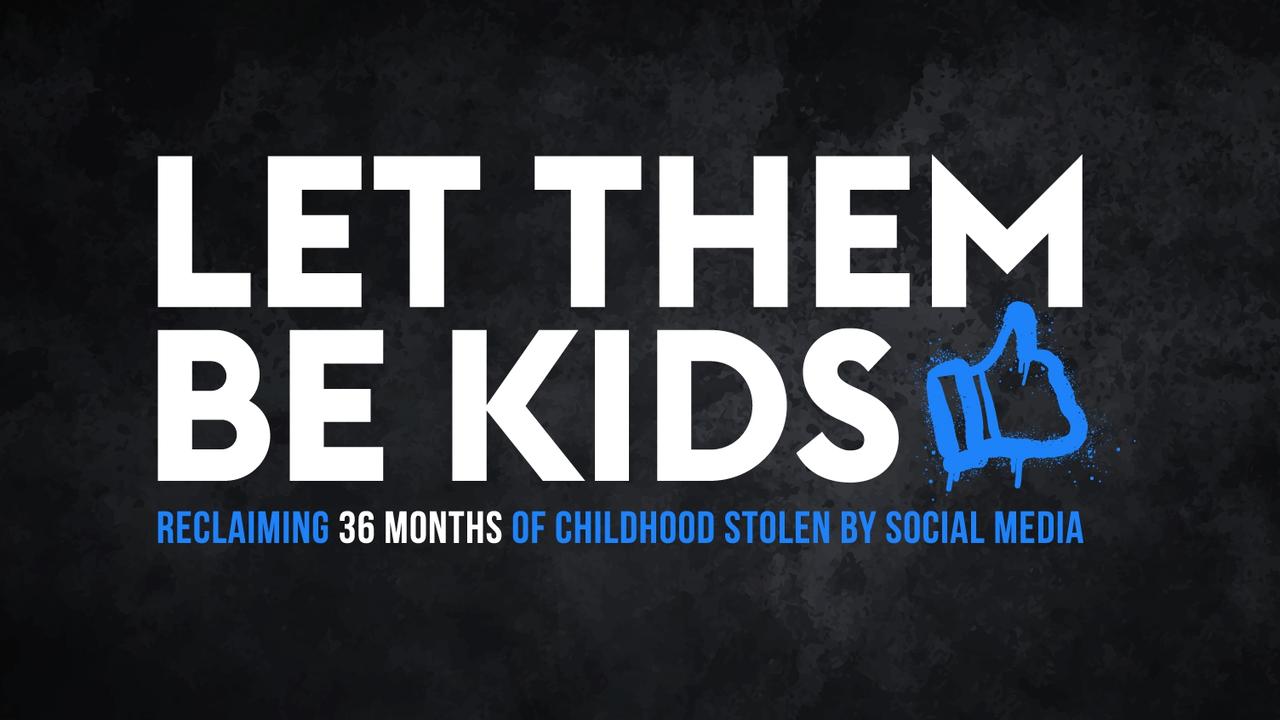
Opposition Leader* Peter Dutton committed in June to introducing a social media age limit of 16 within 100 days of the Coalition* being elected to government.
“A Coalition government would introduce a system of age verification* to make sure social media companies comply with Australian laws on age access,” he said.
Some digital experts have suggested solutions already exist to enforce age restrictions, including live facial image age estimation, and secure systems where social media companies could conduct “blind checks” of a user’s age without getting access to their private information.
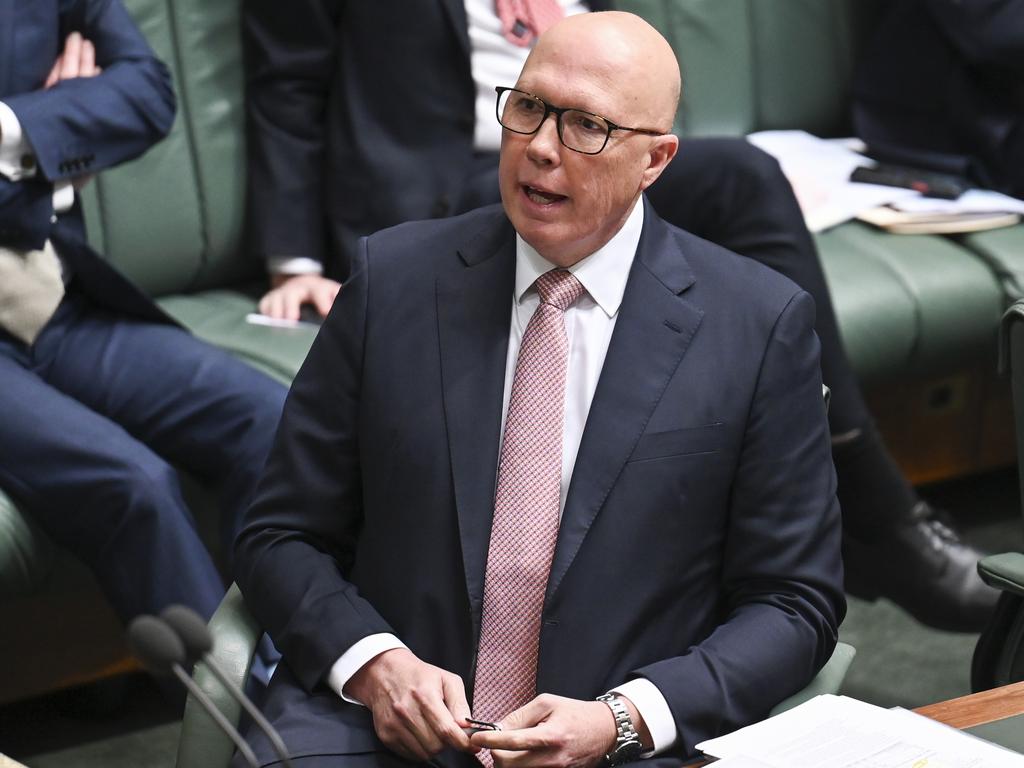
But effective measures have remained elusive* as calls for help have become more urgent.
Over the past 12 years, eating disorders among children under 19 have increased by 200 per cent, while more than 1850 children under 16 experienced cyber-bullying harmful enough to be reported to the eSafety Commission in 2023.
Communications Minister Michelle Rowland said: “We expect platforms and online services to do their share – because we want to make sure Australian kids can use the internet in an age-appropriate way that supports their learning and lives in a positive way”.
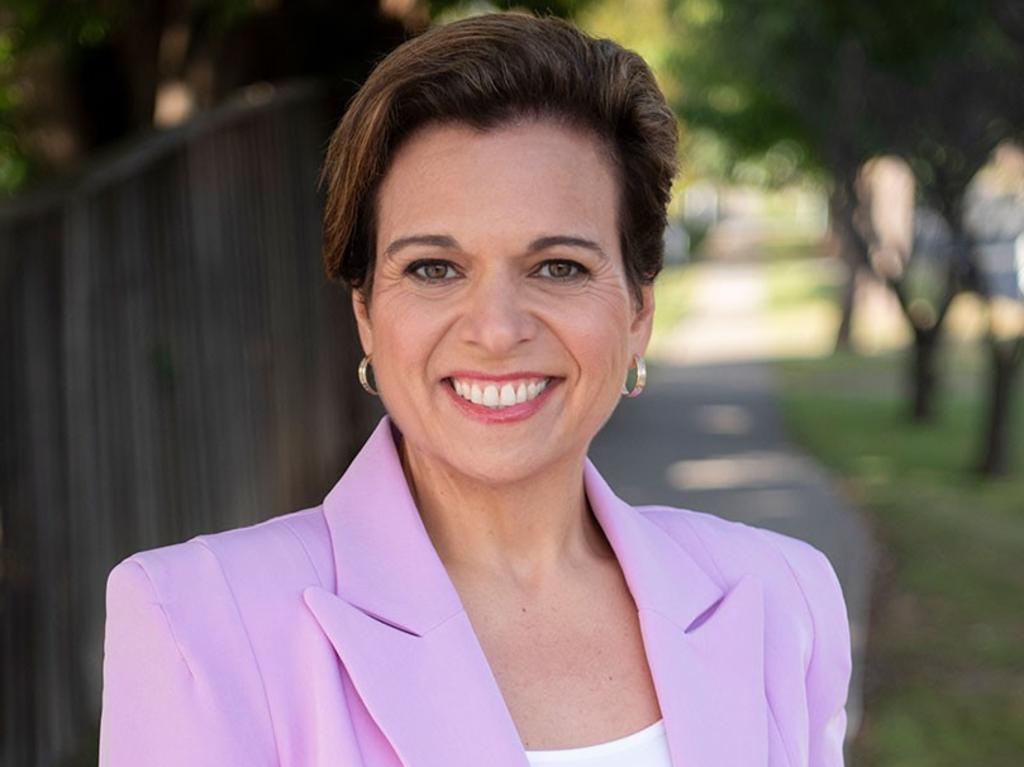
AUSTRALIA GIVES TECH GIANTS 30 DAYS
Australia has issued an urgent demand to the world’s tech giants*.
The eSafety Commission* has given social media platforms* 30 days to reveal just how many children are using their sites.
As part of the request, Google’s YouTube, Meta platforms Facebook and Instagram, TikTok, Snap, Reddit, Discord and Twitch must explain how they stop underage users* from logging in.
The demand comes amid growing pressure on the tech industry to better protect kids online.
eSafety Commissioner Julie Inman Grant said since raising the age limit from 13 to 16 was “on the table,” she needed “better information to understand what will be effective”.
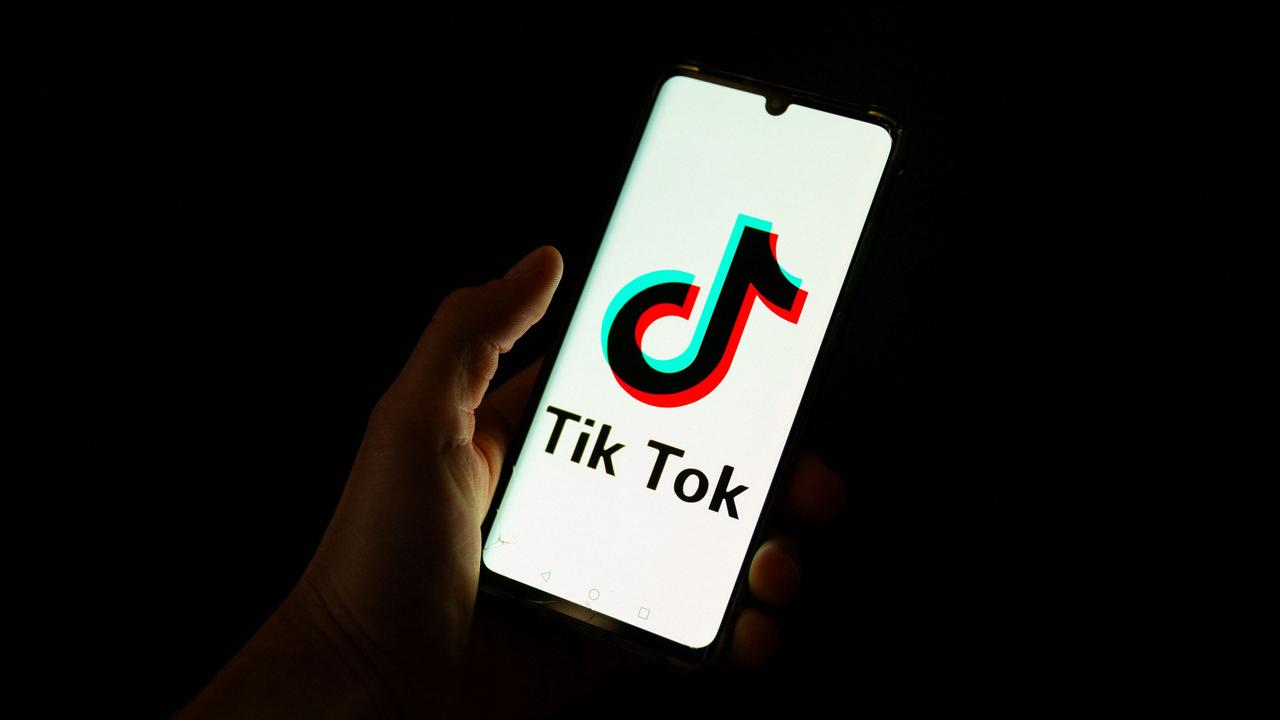
eSafety research has found almost a quarter of eight to 10-year-olds use social media at least weekly, while almost half of 11 to 13-year-olds log on at the same rate.
This is despite most platforms having a minimum age* limit of 13.
Ms Inman Grant also said the Commission will survey Australian children aged nine to 15 to better understand their social media habits.
The research will be combined with the information provided by the platforms in October.
“We’ll be able to really pick out where the weaknesses are,” she said, explaining that better age verification* processes could then be put in place.
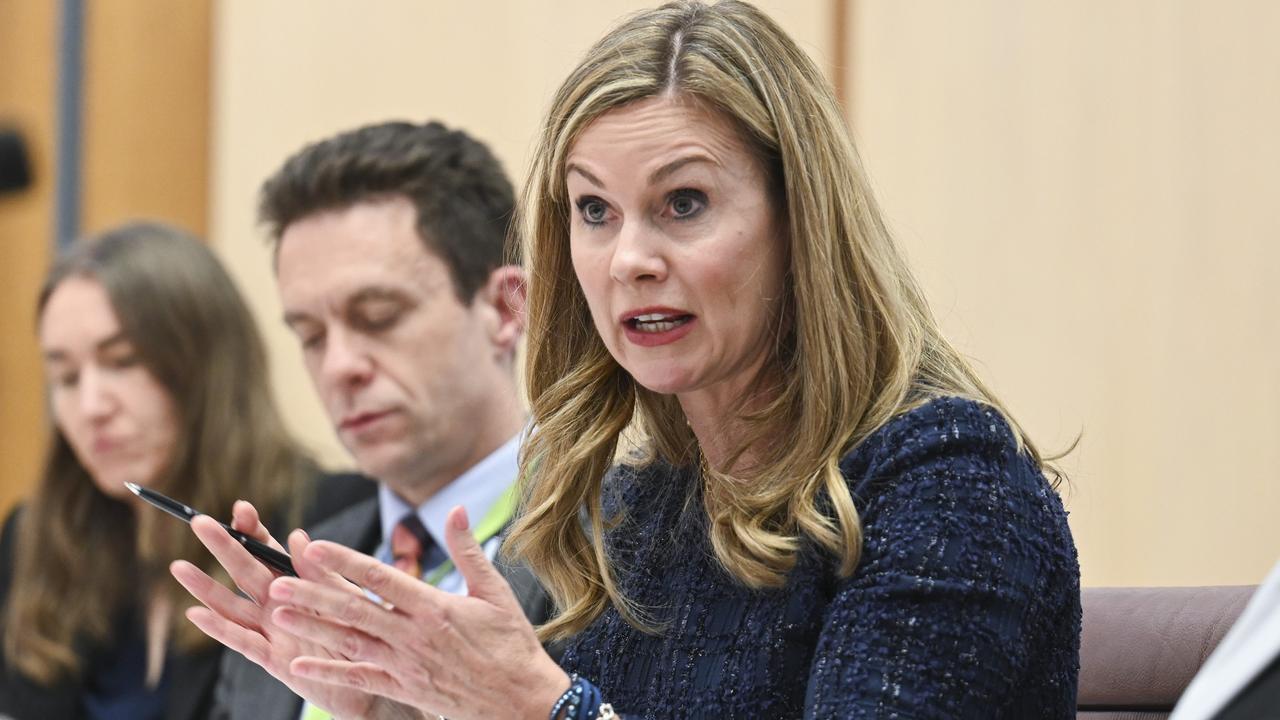
Ms Inman-Grant said most platforms simply ask users to give their age without needing them to prove it, which could easily be worked around by younger children.
“The algorithms* are optimised* for adults,” she said.
“We know it may be sending those who are much more vulnerable down rabbit holes* or serving up content they just don’t have the digital resilience* or critical reasoning skills* to be able to deal with.”
Ms Inman Grant said the debate about when children should access social media was an “important national conversation” that had been “really led” by News Corp’s Let Them Be Kids campaign calling for the age limit to be raised to 16.
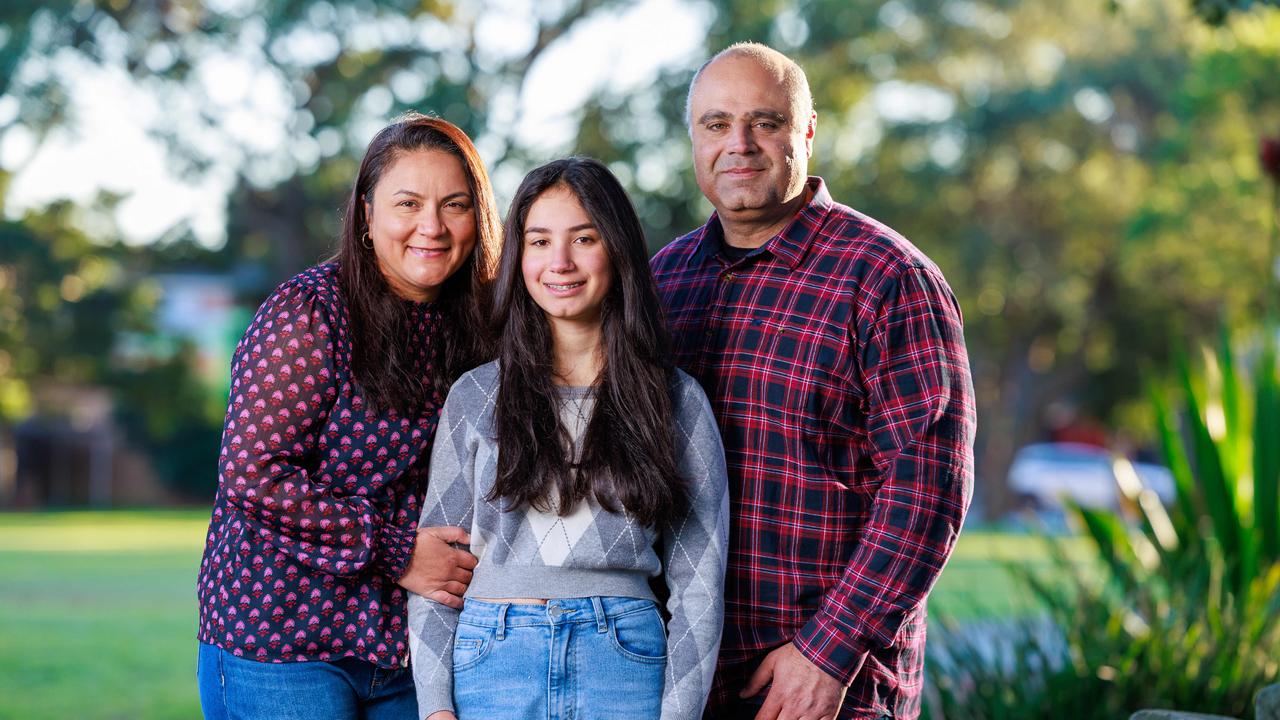
“Open conversations about technology use and encouraging help-seeking behaviour* are paramount* here,” she said.
Sydney parents Dany and Cynthia Elachi’s 14-year-old daughter, Aalia, does not have social media, but still has a “fantastically full social life” connecting with her friends on video calls, over the phone or by meeting up in person.
Mr Elachi said the family supported the push to raise the minimum age for social media and hoped the change would set a new “social norm*”.
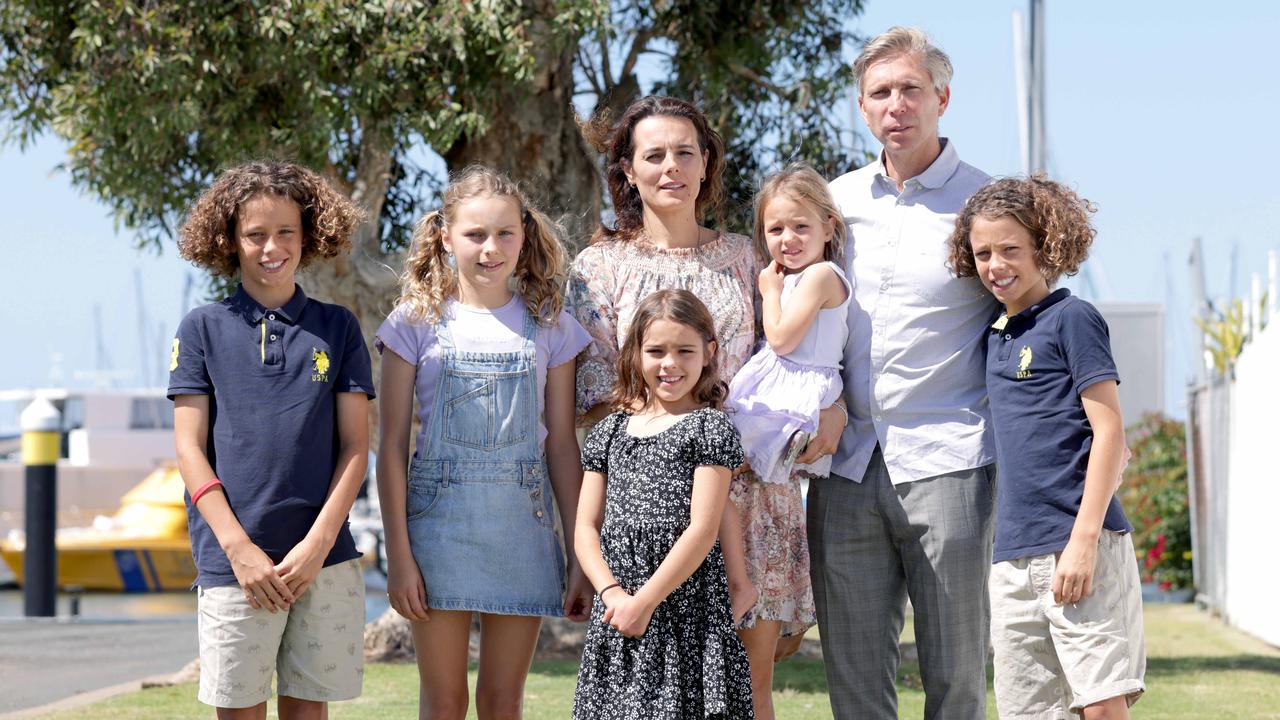
“Having a law in place that says this is not appropriate for under 16 or under 18 just sends a signal to society more broadly and it would be a lot easier for parents to have conversations with their kids about adhering* to it,” he said.
Brisbane mother Valentina David-Moody also has a strict no social media policy in her household in order to keep her children, who are aged between three and 12, safe online.
She said a change of the minimum age on social media to 16 would be a good move.
“They need to be older and better developed before they’re on there,” she said.
Ms David-Moody said none of her children were allowed access to social media.
“It’s a choice that we as parents made,” she said.
WHERE TO GET HELP
Please call triple-0 in an emergency.
There are a number of professional organisations who help kids and teenagers.
If you need someone to talk to, call or visit:
- Kids Helpline 1800 55 1800
- Beyond Blue counsellor on 1300 22 4636 (available 24/7) or chat to a counsellor online at https://www.beyondblue.org.au/get-support
- ReachOut at au.reachout.com
- Headspace at headspace.org.au
If you’re not physically safe, a responsible adult in your life can help you report the incident to police.
WATCH THE VIDEO

POLL
GLOSSARY
- legislate: to make or pass laws
- grappling: wrestling, struggling, tussling
- anxiety: feeling fearful, tense or worried about actual or possible concerns
- depression: common but serious medical illness that negatively affects how you feel, think and act
- eating disorders: spectrum of mental health condition that involve an unhealthy relationship with food
- Opposition Leader: the elected leader of the main non-government party (or coalition of parties) in the House of Representatives
- Coalition: group of two or more political parties working together
- verification: establishing or confirming the truth or accuracy of a fact or theory
- elusive: difficult to find, describe, remember, or achieve
- tech giants: large technology companies that own popular social media platforms and apps
- eSafety Commission: an Australian independent regulator that educates people about online safety and helps to remove harmful online content
- social media platforms: websites where people can link up through networks and post and view online content
- underage users: people who are younger than the age allowed to use something
- minimum age: the youngest age allowed to use something
- age verification: technology that enables you to prove how old you are
- algorithms: a process or set of rules to be followed in machine learning and problem solving
- optimised: made specially for or tailored towards
- rabbit holes: a metaphor for getting lost in link after link or video after video of content
- digital resilience: knowing when you might be at risk online and being able to get support if you experience harm
- critical reasoning skills: being able to take into account different perspectives and weighing up evidence to make a well-informed decision
- help-seeking behaviour: knowing when you are at risk and being able to ask for help
- paramount: of the highest importance
- social norm: something considered normal in society – something that everyone does
- adhering: sticking to
EXTRA READING
‘Social’ habits harming kids of Oz
Scam smart kids start with ABCs
Is English down the ‘skibidi toilet’?
QUICK QUIZ
- What two things has the eSafety Commission demanded of social media platforms?
- How many eight to 10-year-olds have been found to use social media weekly?
- What is the minimum age limit on most social media platforms?
- Why are better age verification processes needed?
- Why is News Corp’s Let Them Be Kids campaign calling for the minimum age to be raised to 16?
LISTEN TO THE UPDATE
LISTEN TO THIS STORY
CLASSROOM ACTIVITIES
1. Enough is enough
It states in the article that parents are working “without a map” to keep up with fast-moving technology and the possible harm it is doing to kids.
So, you create a map of how you see kids using technology safely and age appropriately.
On your map, create a route of what ages kids could start using technology safely and what that entails (which devices, apps etc.) Start from a younger age up until adulthood.
Make your map easy to read and navigate to share with your classmates.
Time: allow 40 minutes to complete this activity
Curriculum Links: English, Digital Technologies, Personal and Social, Critical and Creative Thinking
2. Extension
Do you think this legislation will work?
Will young people find a way around the age restrictions?
Do you think the social media companies will adhere to and support these restrictions?
Time: allow 15 minutes to complete this activity
Curriculum Links: English, Digital Technologies, Personal and Social, Critical and Creative Thinking
1. All about algorithms
Do you know what algorithms on social media are and how they work? Use your own knowledge (or your research skills to find out) to create an easy to understand guide for kids your age. Your purpose is to help them understand all about algorithms on social media and why it is important to know this.
Time: allow at least 30 minutes to complete this activity
Curriculum Links: English, Health and Physical Education, Digital Technologies
2. Extension
“Tech companies should not have to worry about children online. It’s up to parents, carers and schools to protect them.”
Do you agree or disagree with this statement? Write a very convincing letter to the Editor of Kids News on this question.
Time: allow at least 25 minutes to complete this activity
Curriculum Links: English, Health and Physical Education, Personal and Social Capability
VCOP ACTIVITY
Is time up for TikTok?
Sit with a partner and share your thoughts on the initiative to ban social media for younger users.
Discussion points:
* What age do you think it’s appropriate to use social media platforms?
* Why do you think this age is old enough?
* Do you agree with the concerns many adults have about children using social media?
* Read aloud those issues mentioned in the article – can you add any positives or negatives not included?
*Why/Why not?
* What conclusion have you come to?

